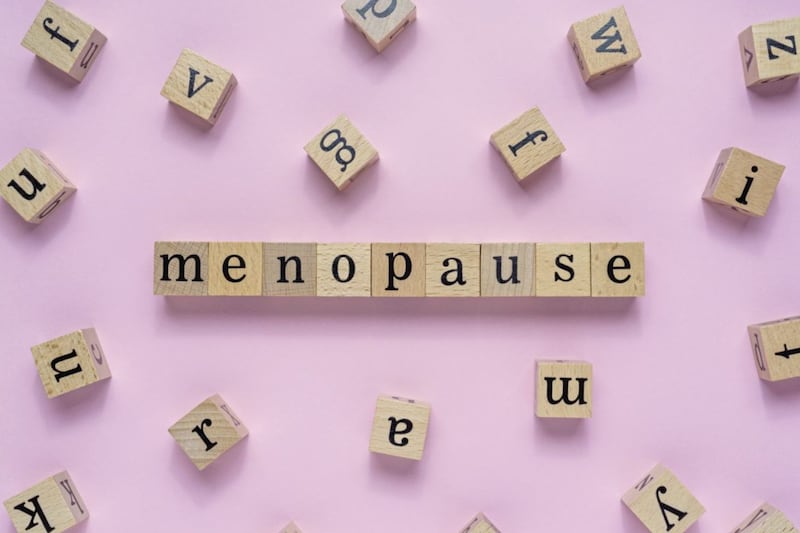ON SATURDAY we will mark World Mental Day. Of all the issues in this area, few are as perplexing as the phenomenon of suicide.
A major problem is that suicide is both a problem and a mystery, and can be viewed through several lenses – psychological, social, cultural, religious, political and financial, to name a few. Whatever I say here about suicide solely as a psychologist, I am acutely aware that my knowledge is necessarily incomplete.
Maybe it’s the Rugby World Cup that has reminded me of the first time I heard a pundit speaking about the need for a player to 'man up'. In the past few years, this phrase, along with its close relative 'suck it up', has spread from the sporting arena into everyday life, with the implication that whatever setback or disappointment a person encounters, he should just get on with it.
However, I can’t recall hearing a woman being told to 'woman up', and phrases like this seem to reinforce the notion of the male being as all-knowing, all-powerful and unbreakable.
Despite this, I have never seen so many men in crisis, which all too often can seemingly lead to suicide, with several of these deaths happening without the opportunity for clinical intervention. Harsh experience has also taught me that even with intervention, not every death by suicide is preventable.
Despite the expectations of male invulnerability, modern life seems to be taking a particular toll on men, and the exhortation to 'man up' offers little support, solace or direction, and if anything, it can re-enforce feelings of shame and guilt. I am in no way downplaying the difficulties and discrimination that women face in everyday life, nor wanting to metaphorically wrap men up in cotton wool, but we need to take a different approach to suicide.
Edwin Schneidman is regarded as a key figure in developing a clearer psychological understanding of suicide. He developed the concept of 'psychache', meaning that each person has a threshold where the fear of being dead is overcome by the pain of being alive.
The difficulty is that this is always an individual point, and a person may not be aware of how much difficulty they are in until they have reached this point, and in so many tragic cases, it may already be too late.
It is easy to feel powerless in the face of such loss of life, and much public focus seems to predominantly see suicide as an individual tragedy, tied up in the particular mental health histories of vulnerable people and the shortcomings of available supports. I don’t believe this analysis is either accurate or helpful, but if we want to seriously address suicide rates, the focus should be less on preventing death and more on promoting a life worth living.
This includes affording people opportunities through decent education, welfare, housing and education, with an acknowledgement that some people who have had more difficult beginnings to life and suffer psychological distress throughout life, will need well-resourced and accountable services.
By offering more resources generally, we have a better chance of increasing the resilience of the most vulnerable among us, possibly boosting their threshold to endure difficulties and problem solve more effectively.
The reality is that we are inter-dependent on each other, and suicide, for far too long, partly thanks to propaganda from policy makers, has been seen as a personal family tragedy, all too often to be borne in secrecy and stigma.
When a person decides to leave our society by taking their own life, it deserves some reflection at the very least. Man up? Wise up.
:: Dr Paul Gaffney is a senior clinical psychologist and author of the book On The Ball? How Football Can Help Your Mental Health, which is available in bookshops and to purchase online.








